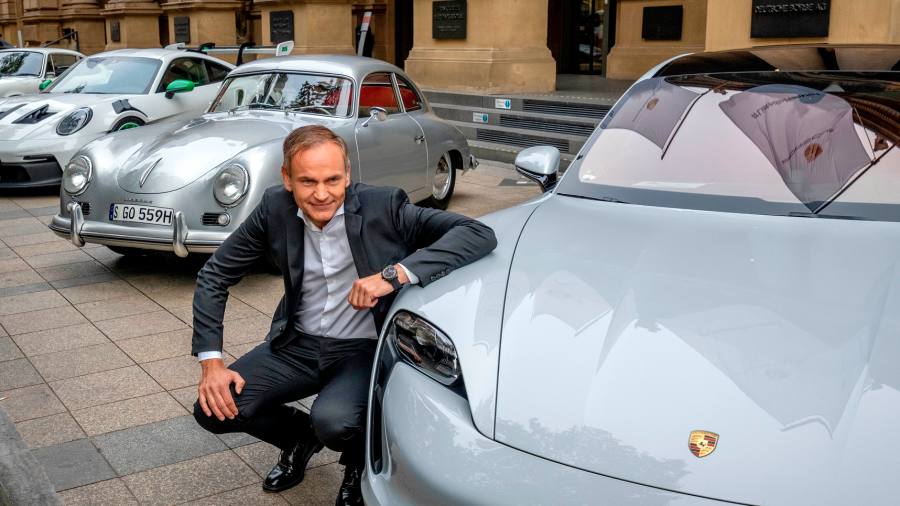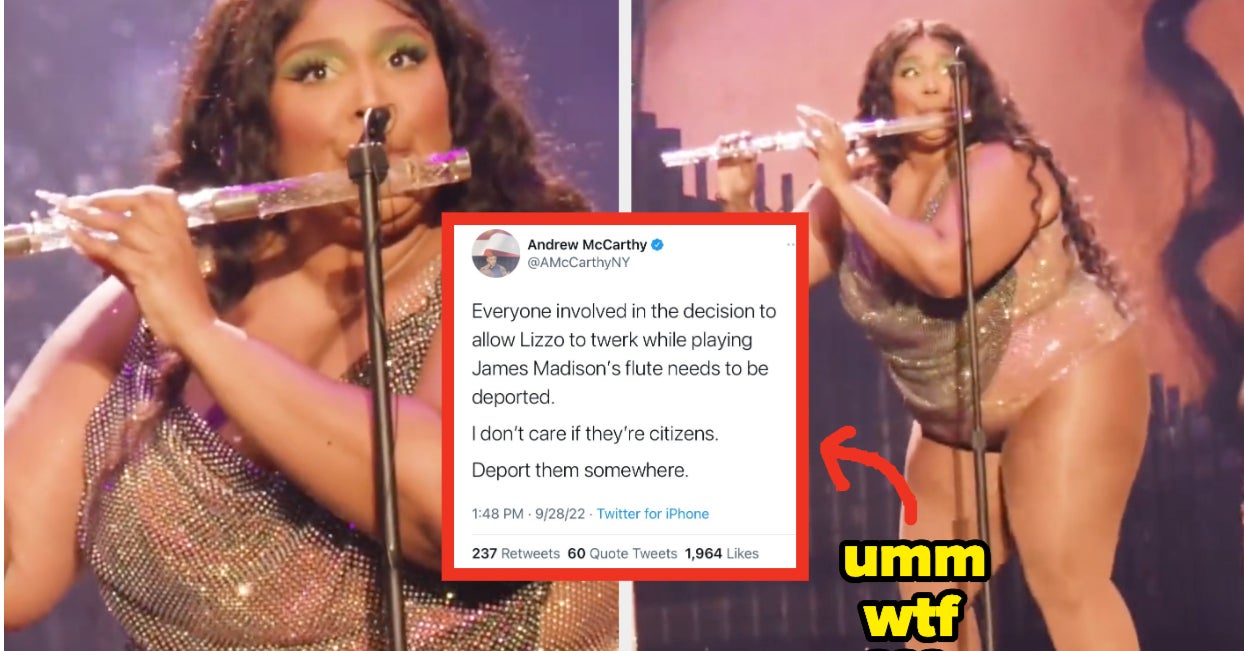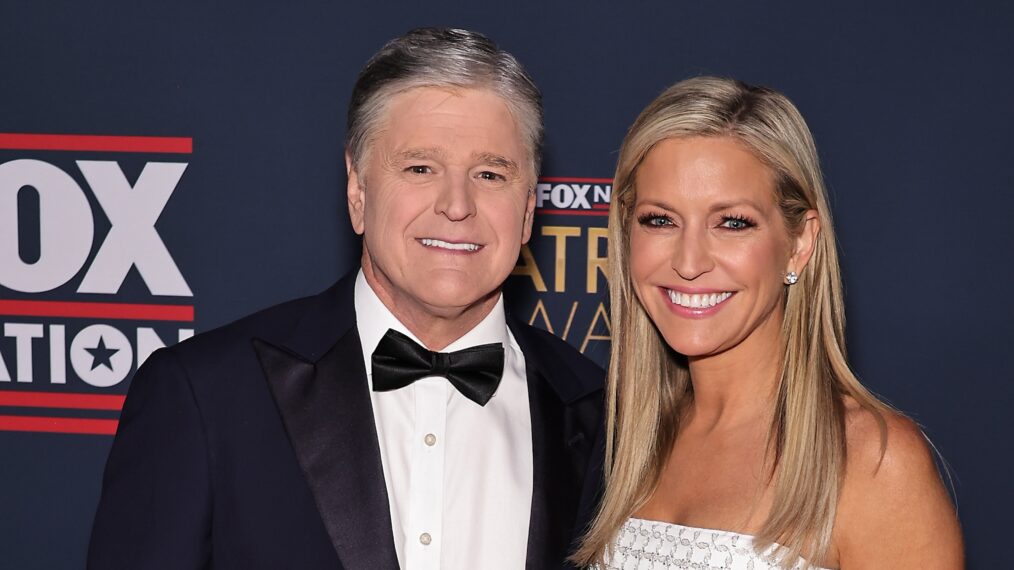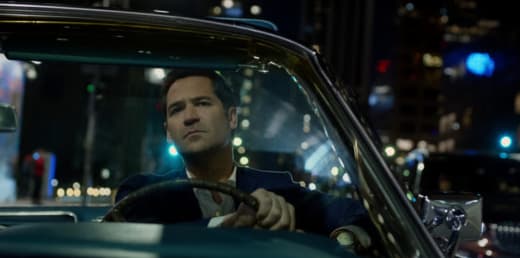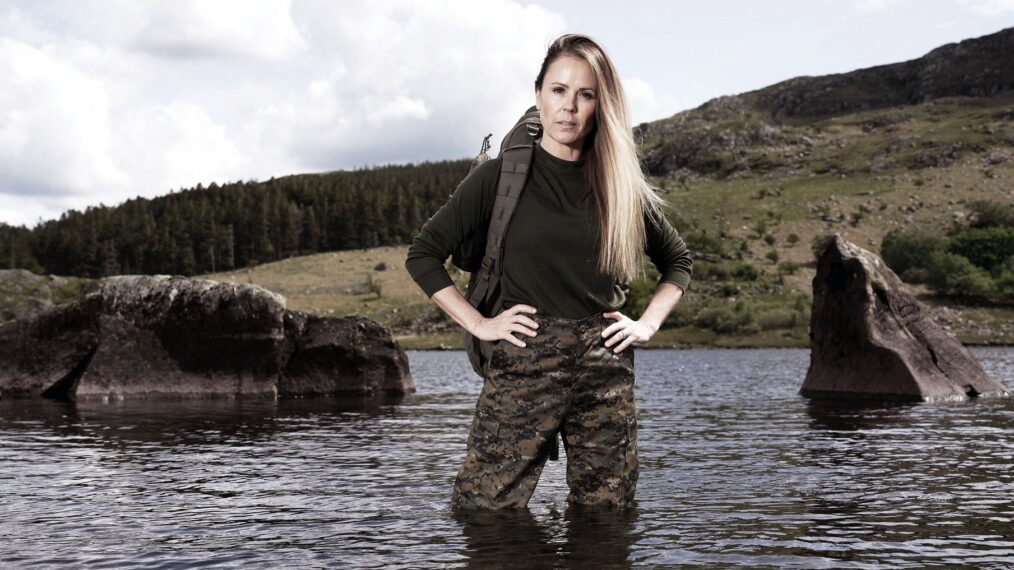Oliver Blume tries to avoid queues, riding a bicycle to Porsche’s offices rather than brave the Stuttgart traffic in one of his company’s sports cars.
But this week the chief executive did find himself waiting in line. At the Frankfurt Stock Exchange for the listing of the carmaker’s shares, so many dignitaries wanted to speak beforehand that Blume’s remarks were interrupted by the start of the day’s trading.
It was a rare lapse of time management for an executive known by colleagues for his efficiency and diligence.
Blume will need all of his time skills — as well as his consensus-nurturing attitude and the “iron will” that associates say lurks beneath his charm — to balance the twin roles of CEO at both Porsche and Volkswagen.
Investors were told on the roadshow that Blume, 54, will be able to steer Porsche into the future while simultaneously overseeing a tectonic shift at its vast, globe-spanning parent company.
Yet privately there is less certainty.
“It will be extremely difficult to retain those two roles,” predicts one person who worked on the Porsche listing and spent the past month fielding questions from investors over its unusual governance arrangements. “They are two complex worlds with . . . complex, different stakeholders involved.”
Blume, the person says, “is genuinely convinced he can cope with both roles but also he is rational enough that if he perceives that he is not able to cope with it, he will adjust and just retain the VW CEO role”.
Publicly the Porsche chief has said there is no timeline for him to relinquish his old role.
“He does not micromanage, this is how I think he can handle both,” said one industry executive who has worked with him.
There is precedent for VW executives juggling roles. Herbert Diess, Blume’s predecessor as VW CEO, briefly ran the VW brand as well as the wider company.
Blume, however, will have two listed businesses to oversee in a conundrum reminiscent of the late Sergio Marchionne, who ran the Fiat group at the same time as the newly listed Ferrari.
While Marchionne was a chain-smoking taskmaster who often only slept in cars between meetings, Blume would return home at the weekend to see his family even during the busiest periods preparing the IPO listing. But detailed answers to “extensive material” sent by advisers on Friday would always trickle back over the following two days.
Balancing the two roles will also require the ability to bring vast numbers of workers along on a journey that will lead to huge workforce shifts.
Universal among those who have worked alongside him is a recognition of his calmness.
Blume was one of the driving forces behind Porsche’s deal to form a joint venture between the top-end Bugatti brand and Rimac, the Croatian hypercar and technology group.
Group calls during the two-year process would run to more than a hundred attendees, some with wildly different ideas for the brand. Yet, through the soup of ideas, the deal got done.
Only once during the drawn-out saga of the Porsche IPO did advisers see the faintest trace of pressure.
Blume learnt he would be ascending to the VW position while also juggling the sport scar job shortly before presenting a corporate strategy underpinning Porsche’s flotation that had been weeks in the making
“He was not as pleasant as always,” said one person who worked closely with him at the time. “But he never lost any control.”
Yet once the PowerPoint slides were over, Blume gathered staff at the end of the day to thank them for their work over a beer in the office — something insiders say was not uncommon after significant events.
One friend recalls how Blume, at the end of a lavish motorsport party hosted near the company’s headquarters several years ago, took to the stage at 2am to thank the Porsche catering staff individually.
People who remember VW’s leadership in years gone by remark that his approach could not be further from that of VW’s longtime leader Martin Winterkorn, who used to have superior wine supplied to his top table at official company dinners.
Blume was born in Braunschweig, the closest German town to VW’s Wolfsburg headquarters, and studied mechanical engineering at the city’s technical university.
He joined Audi in 1994 as an intern, working his way up through the VW group to its highest echelons, including a stint as head of production for the Seat brand in Spain, where he still has a house.
Renault CEO Luca de Meo, who worked with Blume during his tenure at Seat, described him as a “very down to earth and very approachable . . . a normal guy, who doesn’t behave like a superstar.”
Blume was “liked by the people, because he has a very reassuring character”, and “fits the culture of the [Volkswagen] group”, he added.
In 2015 he was elevated to CEO of Porsche, Volkswagen’s cash-spewing gem and the crown jewel of the Porsche and Piech family who control the group.
At Stuttgart, he became close to Wolfgang Porsche, who takes a deep interest in his family company.
Volkswagen’s leaders are often brought down either from above by the family, or from below by the works council that is so powerful many investors joke it runs the company.
Associates at Porsche point to the brand’s tight-knit management team, and a “performance culture” harboured by Blume, for an indication of his morale-spurring approach.
One supplier who works closely with Porsche described Blume as intensely focused in meetings. In an era when many executives are permanently smartphone-tethered, Blume was always “in the room”.
“What I like about him is that he’s really there, he pays attention,” said the person, who has met many of the industry executives.
People who have seen Blume behind the wheel of sports cars describe him as an “excellent driver”, able to control drifting vehicles with ease even as they pour tyre-smoke.
Investors in the company will want him to show similar nerve in the months ahead.


























































![Mason Ramsey – Twang [Official Music Video] Mason Ramsey – Twang [Official Music Video]](https://i.ytimg.com/vi/xwe8F_AhLY0/maxresdefault.jpg)





